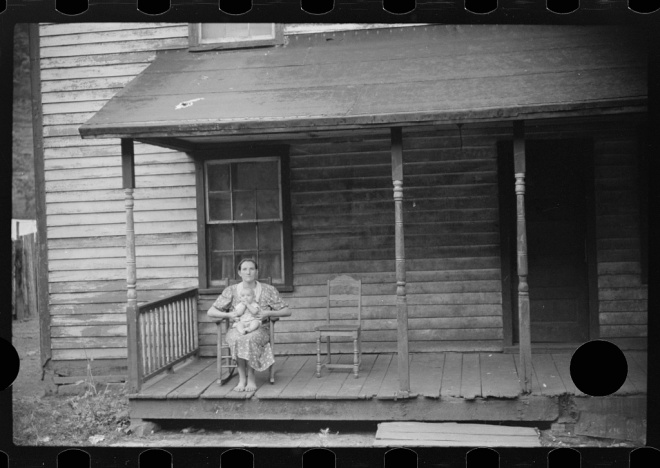by Jamal Stone
Broad Street looks back at the amazing catalogue of photography left behind by Marion Post Wolcott, who passed away twenty-four years ago this week.
Wolcott’s legacy is tethered to the work of the Farm Security Administration, a Rooseveltian program meant to collectivize rural farmers in order to help them survive the Great Depression. The FSA’s visual documentation of rural poverty during the decay of the 1930s and 40s has become emblematic of an era, “the dawn of the documentary period,” and launched the careers of Marion Post Wolcott and her peers– Dorothea Lange, Jack Delano, and Russell Lee, among others.
Tasked to write an introduction for Wolcott’s work, famed author Francine Prose found traces of experimental photography in Wolcott’s portfolio: “[Wolcott’s] range was wider than might be supposed from an acquaintance limited to her more familiar images. Everywhere are surprises and experiments that, in all likelihood, never occurred to her as being in the least bit experimental.”
Post’s keen eye is exemplified in works like Negro Man Climbing Stairs to Movie Theatre, a photo with sharp contrast that brings America’s abject racism and commercialism into clearer focus. In a conversation with her daughter, Linda, Wolcott called the image her favorite, saying “I think [the photo] says the most about me, about what I was trying to do and trying to say.”
To learn more about Marion Post Wolcott, read her daughter’s brief essay on Wolcott’s legacy here, or browse through some of her tremendous cataloge at the Library of Congress here.










